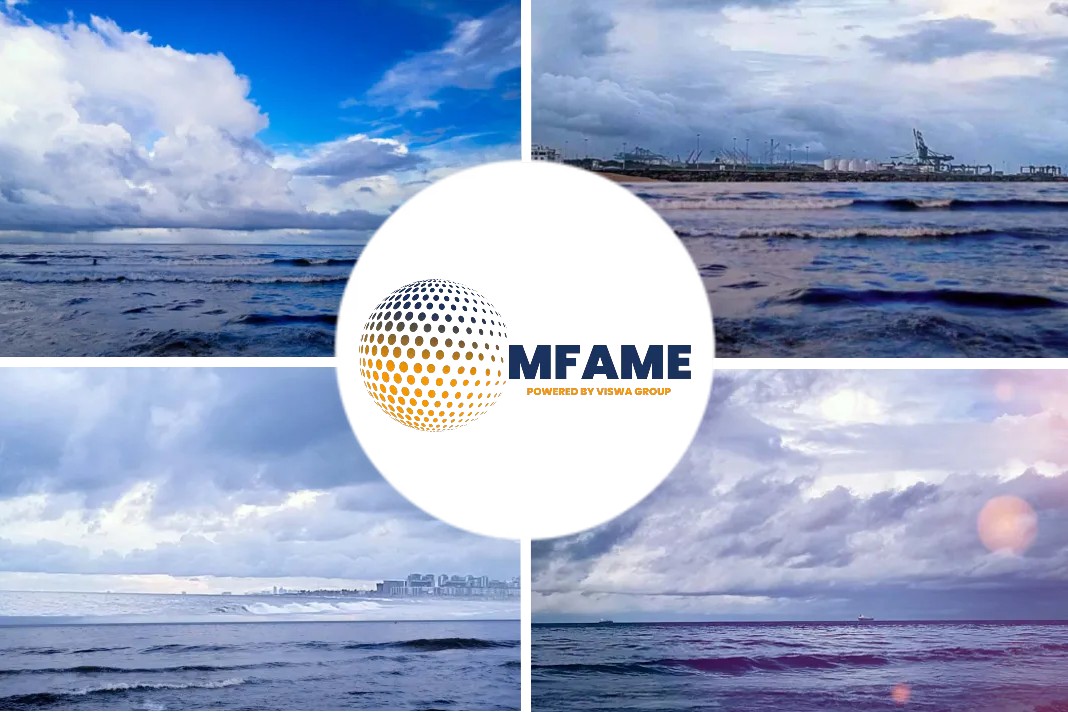A recent news article published in the Industry Week tries to understand Russian/Ukrainian Supply Chain Risks.
Experts view
In 2014, Victor Meyer, a former United States Navy SEAL and current COO of risk intelligence company Supply Wisdom, worked at Deutsche Bank as a risk leader as Russia invaded eastern Ukraine and annexed the Crimean Peninsula. According to Meyer, Deutsche Bank had very little transparency into its supply chain.
“It was a bit of a surprise just to what extent our exposure was,” said Meyer, during a February 16 LinkedIn presentation hosted by Supply Wisdom. “We found that we had not only exposure from suppliers in the Ukraine, but we had exposure to that same supplier in St. Petersburg, Russia. And then, when we looked at the backup sites and our backup plans, they were located in equally exposed locations in Eastern Europe. So it required a massive deployment of reshoring those activities into the U.S., which took several months, and there were service disruptions associated with that.”
At the time of this article’s publishing, the Russian Federation has begun moving troops into eastern Ukraine. The idea of a renewed war between the two nations becomes less theoretical by the day.
Hybrid warfare
“There will be at least hybrid warfare going on in the Ukraine,” said Meyer. This prediction has borne out. Hybrid warfare, the strategy of using means other than military force to wage war on a nation, includes economic pressure to destabilize economies. The Wall Street Journal and New York Times are reporting that Ukrainian banks and infrastructure agencies have been suffering through waves of cyber attacks in recent days. Defense and interior ministry sites suffered interruptions and delays. Previous, similar attacks were laid by the U.S. and U.K. at the feet of Russian military intelligence.
Ukraine heavily exports wheat and corn
“If you play the worst case scenario forward where an actual armed incursion does occur, having been the chief security officer at a large firm, if I was the chief security officer of a firm that had exposures to the Ukraine under such a situation, I would militate rather strongly to unwind my exposure to that based just on the on the cybersecurity front.,” Meyer says.
Flights to and from Ukraine face cancellation due to insurance companies no longer wanting to cover them. The same problem is expected around maritime shipping. Ukraine heavily exports wheat and corn. Resources more directly related to manufacturing include manganese, iron ore and coal exports.
The first and most obvious dynamic at risk with a Russian/Ukrainian conflict, energy, rightly raises concern over cascading exposure in related markets. Europe depends on Russia for 40% of its natural gas imports and Germany suspended the Nord Stream 2 natural gas pipeline project as a result of the current hostilities.
Europe’s dependency on Russian gas
“I had the opportunity the week before last to sit down with the Ukrainian chargé d’affaires in Houston and we walked through a little bit of the energy dynamic,” said Meyer. “I talked about Europe’s dependency on Russian gas, but one of the things that plays into the Russians’ hands is they have other markets.
“So much has been made of the Nord Stream 2 pipeline working both ways. Sure, [Russia’s] economy is highly dependent on hydrocarbons, and they very much need those foreign currency reserves. Most people don’t realize that Russia’s heavily aligned with China. I didn’t see much coverage for the huge gas contract that was signed with Beijing.”
Companies that do business with Russia
Finally, companies that do business with Russia may also consider ESG ramifications. “As sanctions are imposed [on Russia], companies have to very, very quickly get their head around that conforming to those sanctions, in some cases, it requires a complete, unwinded exposure in a particular country,”
Meyer said. “There’s also some social concerns around the ESG area that are driven by trends in society. There may be activists [that] cause a firm to make commitments that results in them unwinding that exposure, even if there are no sanctions in that particular area.”
Did you subscribe to our daily newsletter?
It’s Free! Click here to Subscribe!
Source: Industry Week























